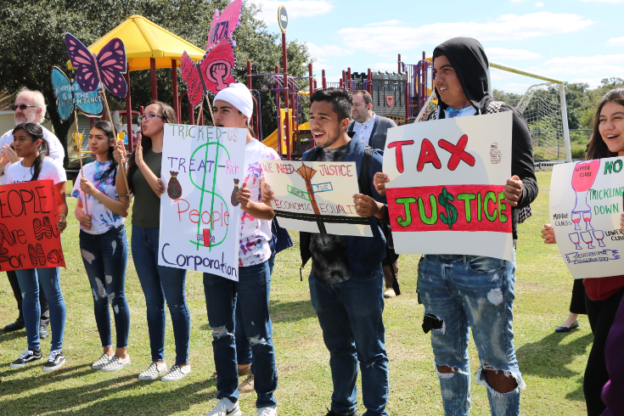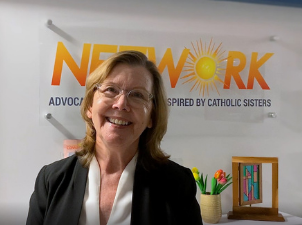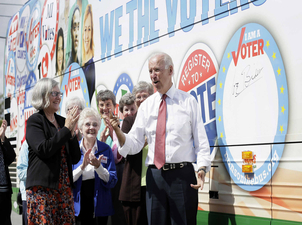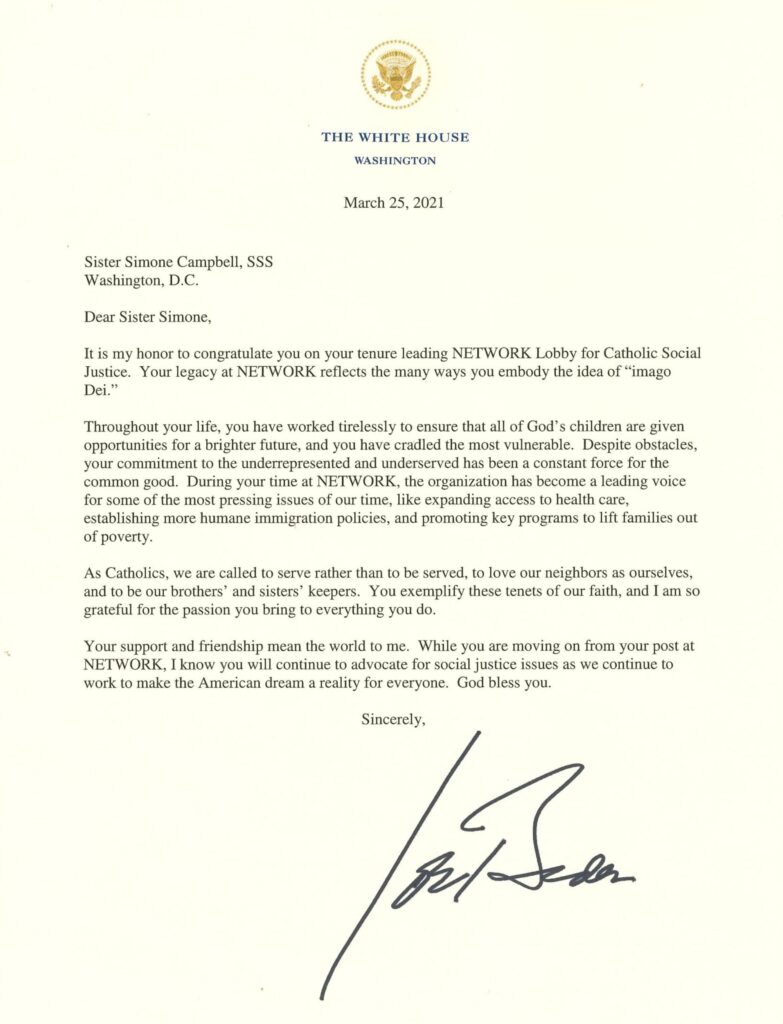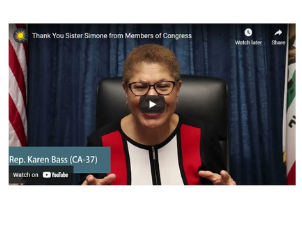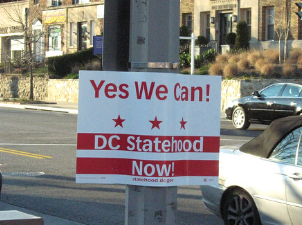
Tax The Rich: NETWORK Hosts Instagram Live Conversation with Patriotic Millionaires
Audrey Carroll
April 19, 2021
On Friday, April 16 NETWORK Grassroots Mobilization Coordinator Sister Emily TeKolste, SP joined Patriotic Millionaires Chairperson Morris Pearl for a conversation on Instagram Live about his new book, Tax the Rich. Emily and Morris discussed the importance of everyone in our nation paying their fair share to work towards eliminating the racial wealth and income gap. Watch the whole conversation here:







